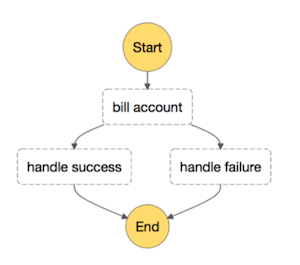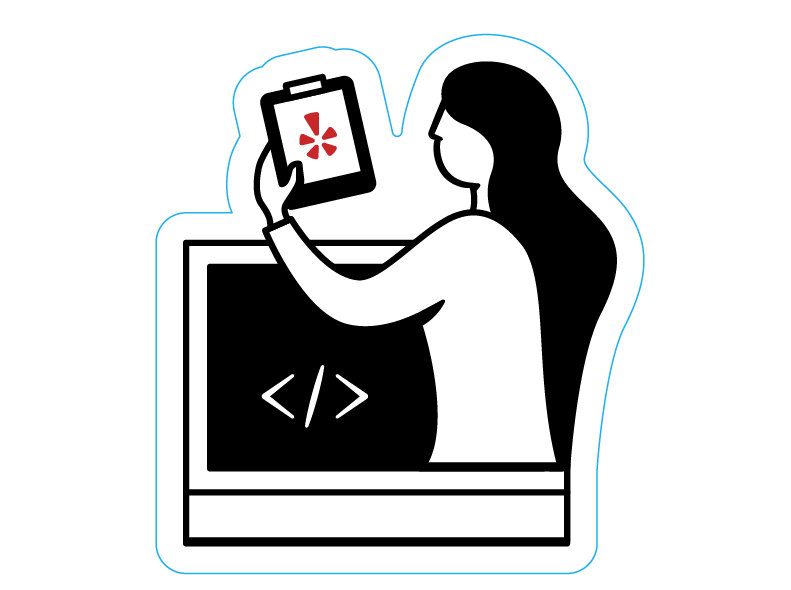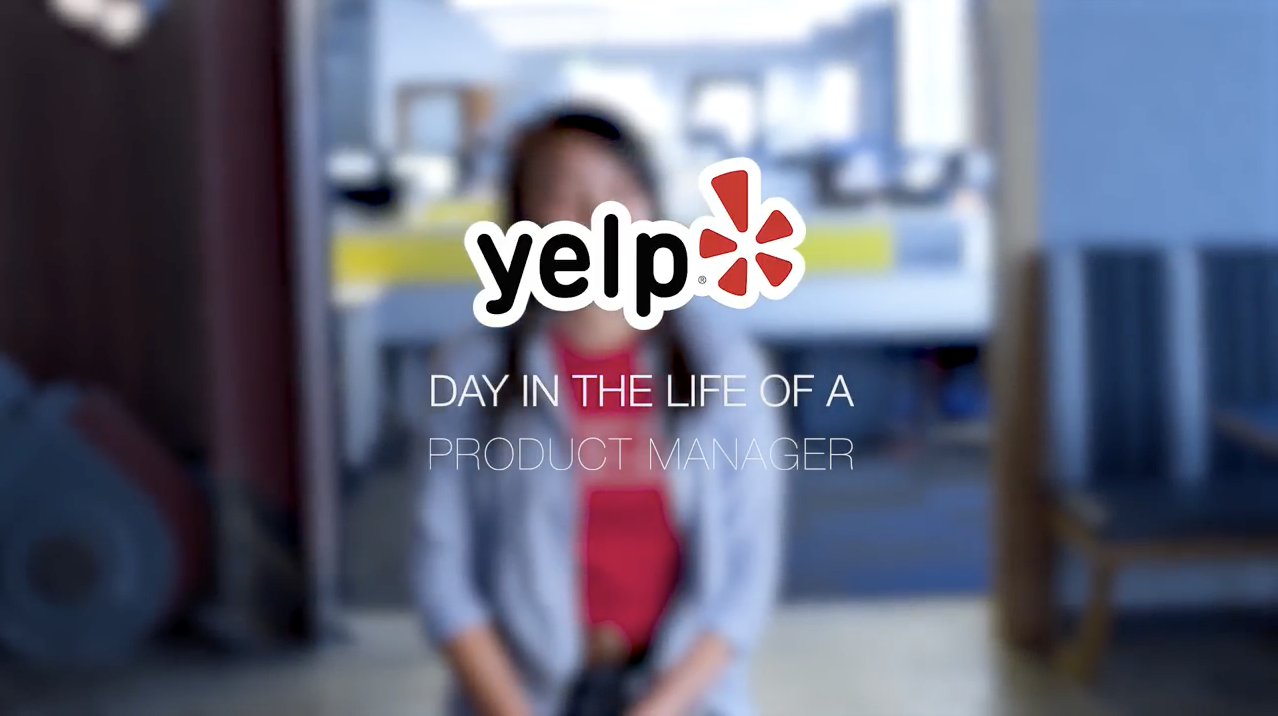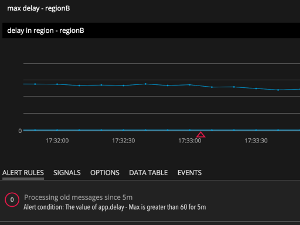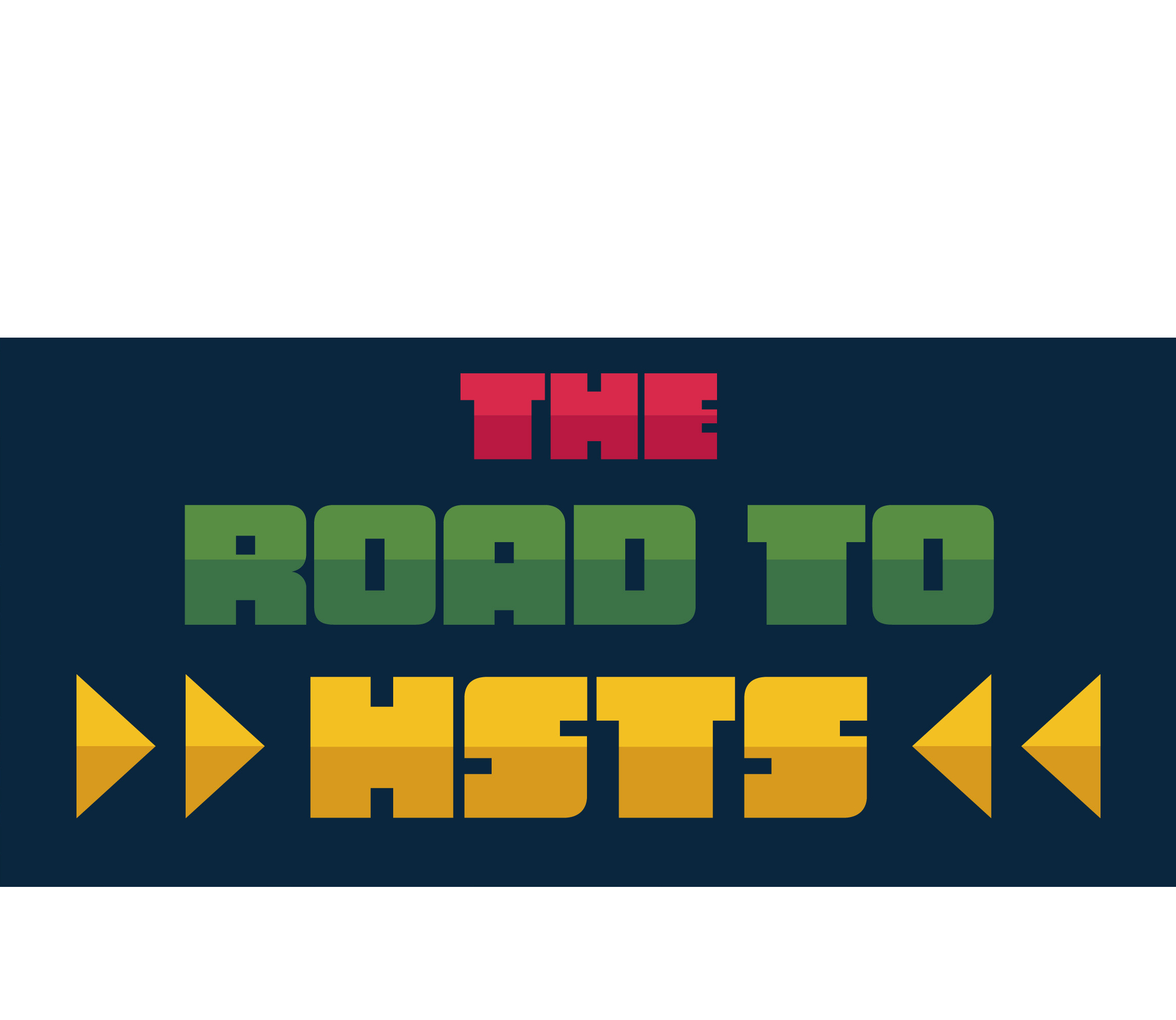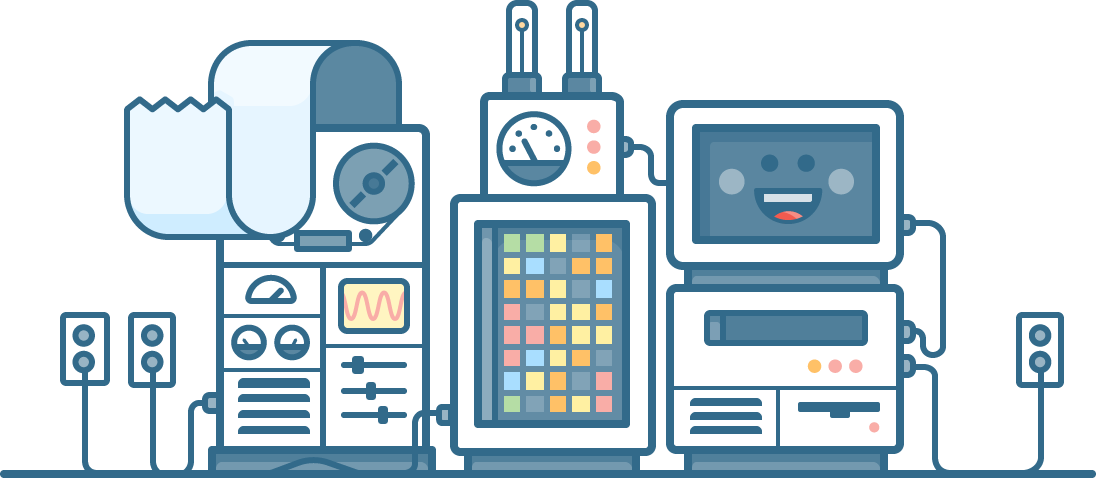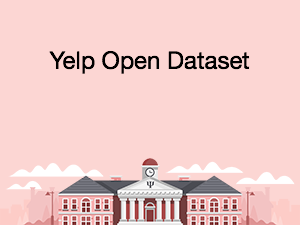Breaking down the monolith with AWS Step Functions

-
Scott Triglia, Tech Lead
- Nov 27, 2017
As we’ve discussed in earlier blog posts, Yelp Engineering has been working hard to break down our largest monolithic code base (yelp-main) for the past few years. We’ve made great progress but some of our oldest, most critical code remains within yelp-main. A great example of an older, more established system is our monthly subscription billing cycle. The system is core to how Yelp collects revenue and has proven technically challenging and risky to transition. The Revenue engineering team knows these older systems should be moved into services, but the challenge of extracting tangled, business-critical code has proven expensive and...
